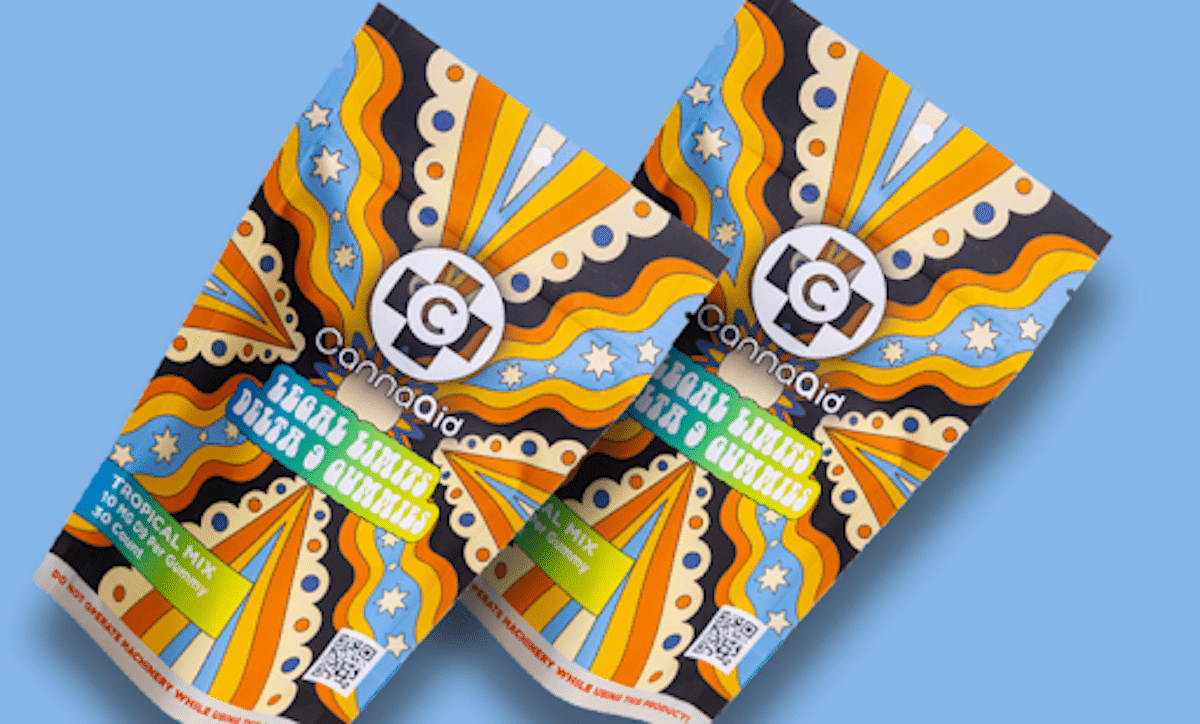How is Delta 9 THC made?
Delta-9 THC is a naturally occurring compound found in the cannabis plant. It is typically produced in the tiny trichomes, hair-like structures on the surface of the plant’s flowers and leaves.
There are different methods to extract THC from cannabis, some are more complex than others, but the two most common ways are:
- Solvent extraction: This method involves using solvents such as butane, ethanol, or carbon dioxide to extract THC from the cannabis plant. The solvents dissolve the THC, separating it from the plant material. The solvent is then evaporated, leaving behind a concentrated THC extract.
- Rosin technique: This method uses heat and pressure to extract the THC from the cannabis plant. The cannabis is placed between two heated plates, and pressure is applied to the plant material, which causes the THC to be pressed out of the plant material and onto a collection surface.
Once the THC is extracted, it can be further processed to create different products such as oil, wax, shatter, etc. It’s important to note that making and possessing THC extract or concentrate is illegal in many states and countries, even if the cannabis plant is legal. If you want to buy Delta 9 for sale, visit the CannaAid store.
Ways to Consume Delta 9 THC
There are several ways to consume delta-9 THC, including:
- Smoking: This is the most common and traditional method of consuming cannabis. THC is absorbed quickly through the lungs when cannabis is smoked.
- Vaporizing: This method involves heating cannabis to a high enough temperature to release the active compounds, including THC, but not enough to cause combustion. Vaporizing is a healthier alternative to smoking as it produces fewer harmful substances.
- Edibles: THC can be infused into various foods and drinks, such as brownies, cookies, gummies, and tea. The effects of edibles can take longer to onset and may be more intense than smoking or vaporizing, as THC is absorbed through the digestive system.
- Tinctures: THC can be extracted and dissolved in alcohol to create a liquid tincture, which can be taken under the tongue or added to food or drinks.
- Topicals: THC can be infused into creams, lotions, and balms, which can be applied topically for localized effects.
- Capsules: THC can be encapsulated in gelatine or vegan-friendly capsules, which can be ingested like a pill.
It’s important to note that the legality and availability of these methods may vary depending on the location and that consuming THC can result in impairments that might affect the ability to drive or operate heavy machinery, among others and can lead to addiction in some cases.
History of Delta 9 THC
Delta-9 THC is a naturally occurring compound found in the cannabis plant. The use of cannabis for its psychoactive effects can be traced back to ancient civilizations in Asia, Africa, and the Americas. The earliest recorded use of cannabis dates back to 2737 BC in China, where it was used for medicinal purposes.
In the 20th century, cannabis for recreational and medicinal purposes became increasingly popular in the Western world. In the United States, cannabis was widely used for medicinal purposes in the early 20th century. Still, its use was gradually criminalized in the 1930s due to concerns about its potential for abuse.
In 1964, Israeli scientists Raphael Mechoulam and Yechiel Gaoni were the first to isolate and synthesize delta-9 THC, a significant breakthrough in understanding the chemical compounds in cannabis.
In the following decades, research on the effects of THC and other cannabinoids increased, leading to the discovery of its therapeutic potential. In 1996, California became the first state to legalize cannabis for medical use, and since then, several other states and countries have followed suit.
However, despite the growing acceptance of cannabis for medicinal and recreational use, delta-9 THC remains a Schedule I controlled substance under federal law in the United States, meaning it is illegal to possess, service, or distribute it.
It’s important to note that the laws and regulations surrounding delta-9 THC are complex and can vary significantly by location. It’s essential to check the laws and regulations in your area before using them.
CannaAid’s delta 9 THC products come exclusively from hemp plants and contain less than 0.3% THC by weight. All of our products comply with the 2018 Farm Bill, making them legal in the US.


